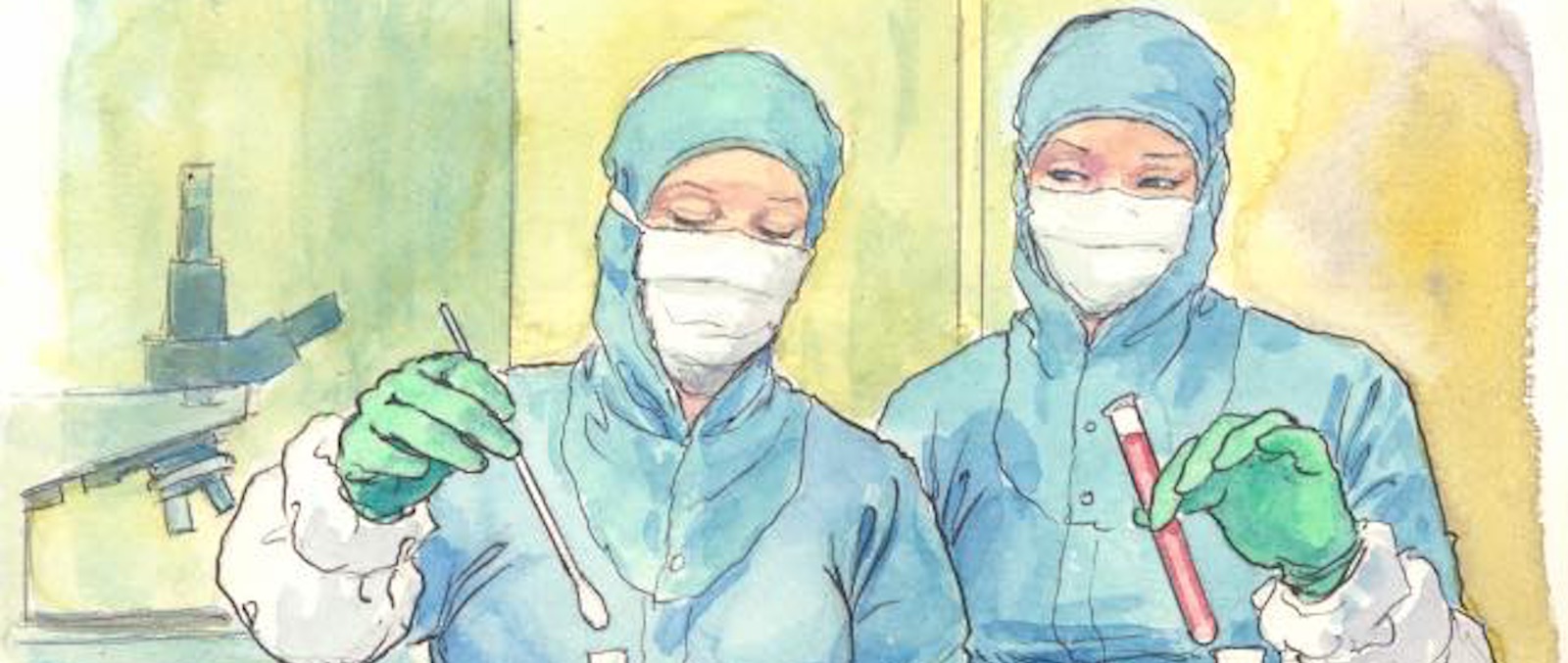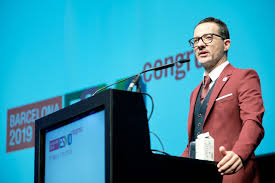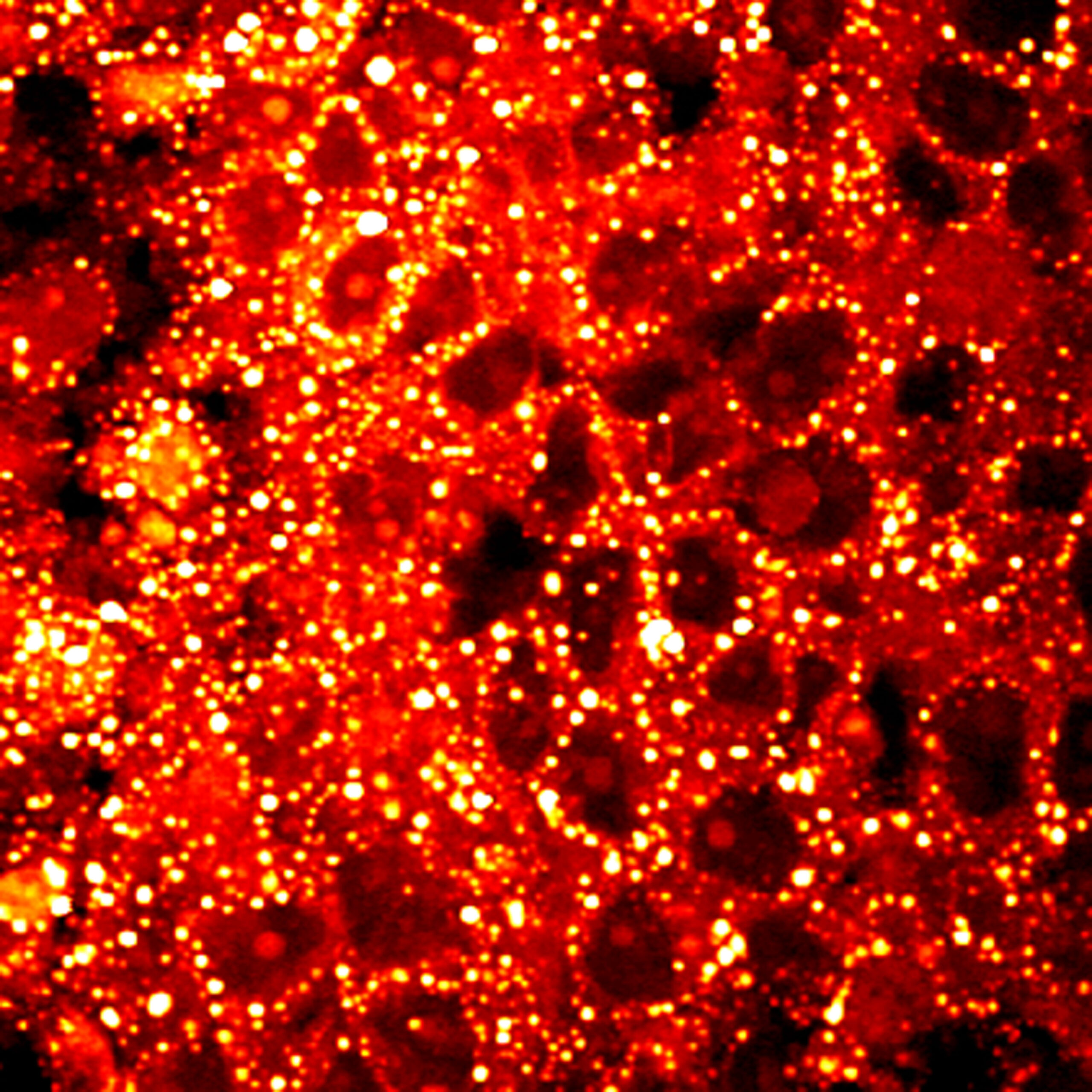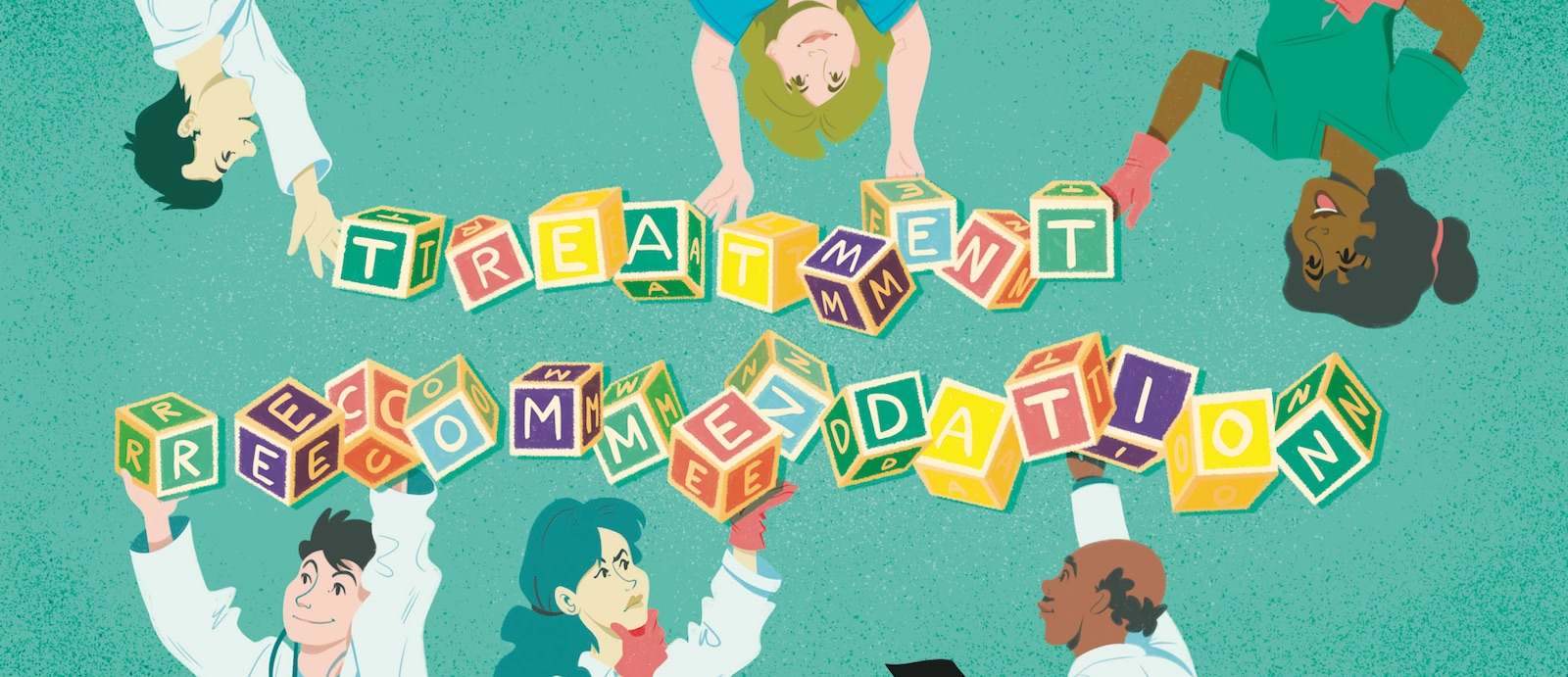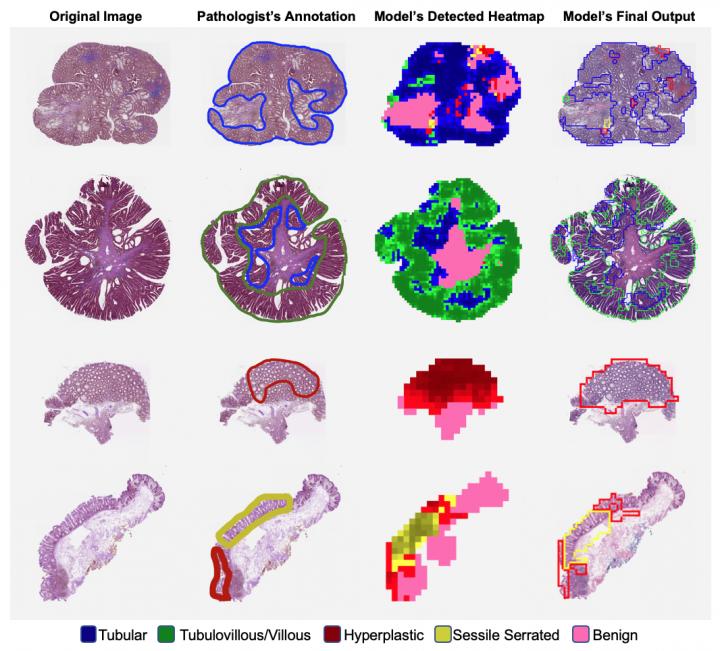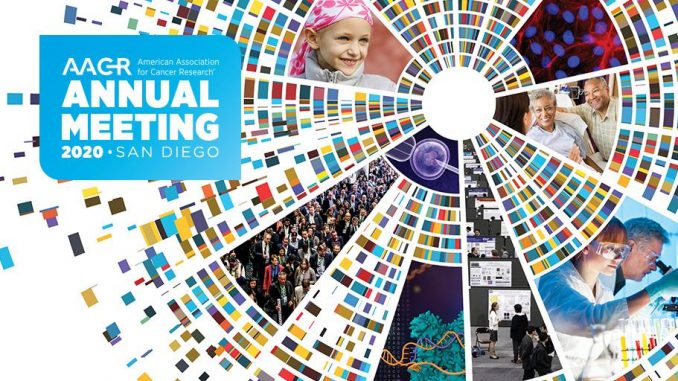Posts by year
2020
Consequences of the COVID-19 pandemic on cancer patients
In the COVID-19 era, oncologists all over the world have changed their schedules and daily routine practice according to recommendations from cancer professional associations, prioritising care of the most aggressive tumours and cancelling or postponing non-essential tests and screenings. Moreover,…
Lynn Faulds Wood: consumer rights watchdog who took up the cause of cancer patients
Many tributes have been paid to Lynn Faulds Wood, the co-founder and first president of the European Cancer Patient Coalition (ECPC), who has died aged 72. She had a profound influence on giving voice to European cancer patients and advocates…
Cancer nursing, COVID-19 and healthcare inequality
This year European Cancer Nursing Day ECND2020 on 18 May will be special because this is the World Health Organisation’s Year of the Nurse and Midwife; but also because it takes place in the midst of the current COVID-19 crisis.…
Hormone therapy for prostate cancer may shield from COVID-19
[caption id="attachment_9949" align="alignright" width="324"] Abnormal Lipid Metabolism in Prostate Cancer (Source: National Cancer Institute Purdue University Center for Cancer Research. Image by Ji-Xin Cheng)[/caption] Prostate cancer patients treated with androgen-deprivation therapies (ADTs) seem to have a lower risk of SARS-CoV-2…
The misuse of “noninferiority” in presenting trials is often misleading
When researchers have the opportunity to present their trials at medical meetings, they tend to use not-negative conclusions to discuss formally negative results. A research published in JAMA Oncology by a group of Italian oncologists from the University of Turin…
Delivering cancer care during the pandemic in Europe’s most overstretched health system
In a 2016 Voices post, Geta Roman wrote about the daily struggle to deliver timely and high-quality diagnostics and care in a health system with a per capita healthcare expenditure of only €400 a year ‒ the lowest of any…
MDT meetings: why patient care suffers if I’m not there
In a disease as complex as cancer it seems the most logical way to ensure uniform standards of high quality care for all patients. Team meetings can also offer opportunities for education, provide a way to increase the number of…
Artificial intelligence might help improve the classification of colorectal polyps
Deep neural networks are as good as practicing pathologists in classifying colorectal polyps, according to an experiment by a computer science and clinical research team led by Saeed Hassanpour, from the Dartmouth Cancer Center in Lebanon (New Hampshire). The team…
Cancer and COVID-19 took the stage at AACR Annual Meeting
It was not scheduled in the original scientific program, but as the new coronavirus pandemic has started spreading all over the world, the American Association for Cancer Research (AACR) dedicated a plenary session of its Annual Meeting to this very…
Gender equality in cancer research is still far away
Despite a positive trend toward equality in the past 3 decades, a substantial gendered difference is now persisting in oncology publications, favouring male first and last authors. “The academic medicine pipeline poses a significant challenge for workforce development, with disproportionately…

